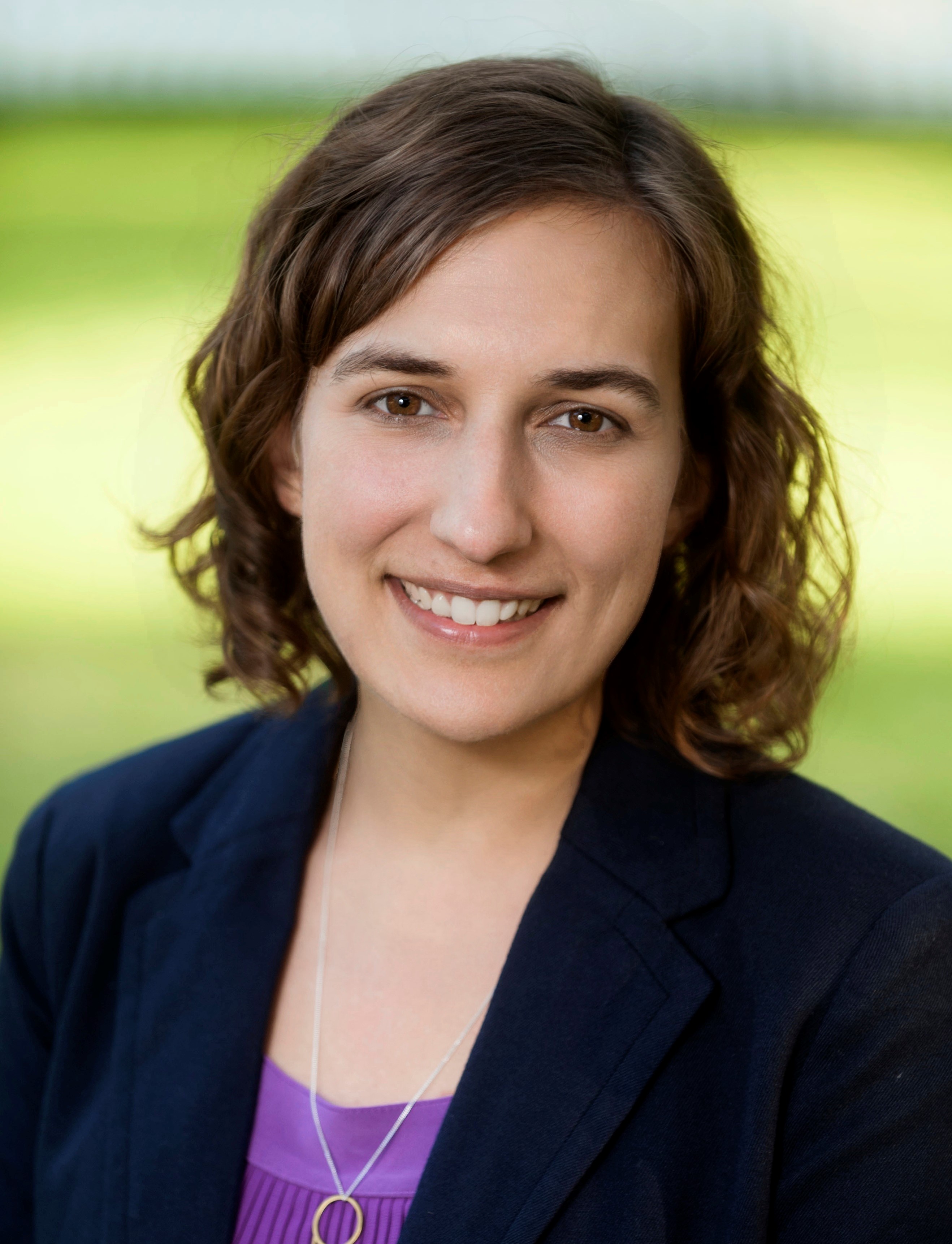Understanding Public Response to Carbon Dioxide Removal

The impact of an environmental solution depends greatly on people's perceptions of the problem and solution. Professor Wolske explores the "risk salience" and "risk compensation" hypotheses to better understand psychological trends related to the acceptance and adoption of climate change policies. If you have ever wondered how to best frame your research or talk about climate change in way that resonates strongly with a broad audience, you won't want to miss this seminar!
— Simone Albuquerque, MESM 2021
Abstract
Carbon dioxide removal (CDR) describes a suite of controversial approaches to mitigating climate change that involve removing and sequestering existing carbon dioxide from the atmosphere. Though no CDR technique has been proven at scale, climate modelers estimate that limiting climate change to 2 degrees Celsius may be impossible without this strategy. But what does the public think of CDR? Policymakers and scientists alike have raised concerns that CDR may create a moral hazard: If we can remove CO2 from the atmosphere, momentum to curb fossil fuel use may decline. Moreover, the three CDR strategies most widely discussed – afforestation/reforestation, bioenergy with carbon capture and storage, and direct air capture – vary greatly in terms of the technologies and tradeoffs involved. Which are likely to garner public support or face scrutiny? As past experiences with nuclear and hydraulic fracturing show, risk perceptions of novel technologies can significantly shape their development. In this talk, I will share results from several national experimental studies designed to answer these questions. Overall, we find that CDR may not pose as much of a moral hazard as feared, but support for specific types of CDR differs according to how much each is perceived to tamper with nature.
Bio
Kim Wolske is a research associate, assistant professor in the Harris School of Public Policy at the University of Chicago and a research fellow with EPIC, the Energy Policy Institute at Chicago. Dr. Wolske's work draws on the fields of environmental, social, and cognitive psychology to examine the behavioral dimensions of energy and climate issues. She is particularly interested in understanding the motivations and barriers associated with consumer adoption of efficient and renewable energy technologies as well as public perceptions of climate change and related technologies, including geoengineering and community-scale energy developments.